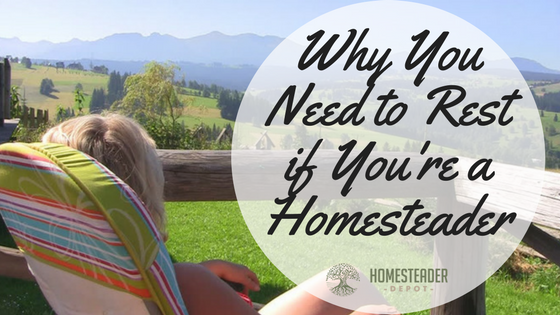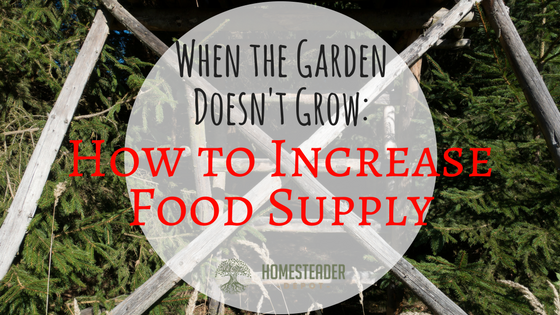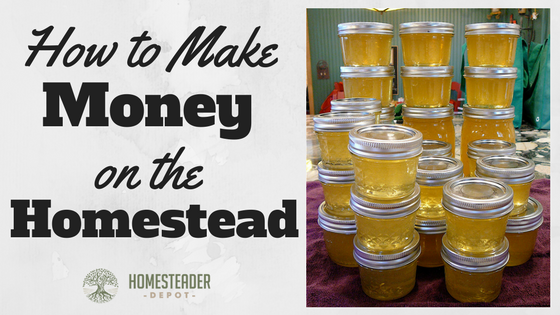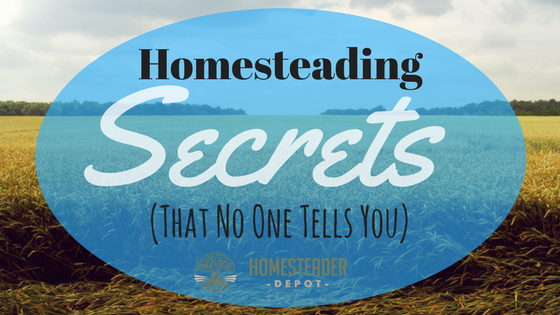How to Read Antique Cookbooks
Antique cookbooks are a wonderful relic of the past, and yet, if you’ve ever tried to make any of the recipes contained within, you might find yourself scratching your head. Just as lifestyles have changed drastically in the last half, even quarter century, so have the way we cook, talk about, and interact with food, … Read more








